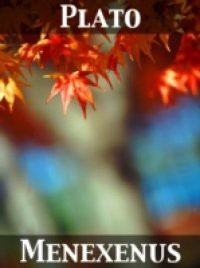pubOne.info present you this new edition. It seems impossible to separate by any exact line the genuine writings of Plato from the spurious. The only external evidence to them which is of much value is that of Aristotle; for the Alexandrian catalogues of a century later include manifest forgeries. Even the value of the Aristotelian authority is a good deal impaired by the uncertainty concerning the date and authorship of the writings which are ascribed to him. And several of the citations of Aristotle omit the name of Plato, and some of them omit the name of the dialogue from which they are taken. Prior, however, to the enquiry about the writings of a particular author, general considerations which equally affect all evidence to the genuineness of ancient writings are the following: Shorter works are more likely to have been forged, or to have received an erroneous designation, than longer ones; and some kinds of composition, such as epistles or panegyrical orations, are more liable to suspicion than others; those, again, which have a taste of sophistry in them, or the ring of a later age, or the slighter character of a rhetorical exercise, or in which a motive or some affinity to spurious writings can be detected, or which seem to have originated in a name or statement really occurring in some classical author, are also of doubtful credit; while there is no instance of any ancient writing proved to be a forgery, which combines excellence with length

